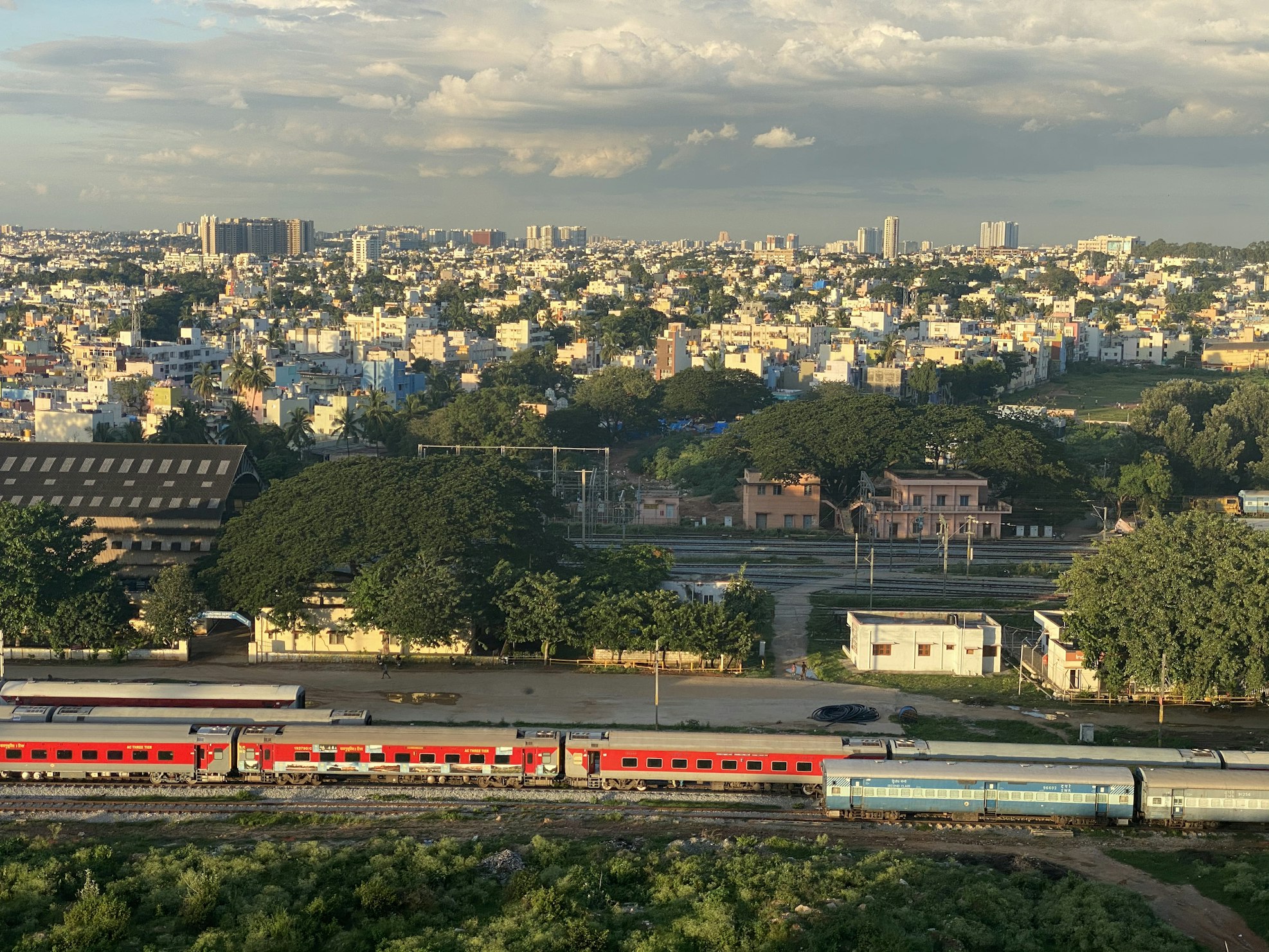
Understanding the Cost of Living in Bengaluru: A Comprehensive Guide for Job Seekers and New Residents
Moving to a new city, especially for a job change, can be both exciting and daunting. It's essential to consider various factors, and one of the most crucial aspects is the cost of living. In this guide, we'll delve into the cost of living in Bengaluru, one of India's prominent cities, and provide valuable insights to help you make an informed decision.
Factors Affecting the Cost of Living
When evaluating the cost of living in Bengaluru, it's important to consider several key factors:
1. Housing Costs
Bengaluru's real estate market has witnessed significant growth in recent years, impacting housing costs. The rental and property prices vary across different neighborhoods, with areas such as Koramangala, Indiranagar, and Whitefield commanding higher rents due to their proximity to IT hubs and commercial centers. For instance, according to a report by The Times of India, the average monthly rent for a 1BHK apartment in these prime areas can range from ₹15,000 to ₹25,000, while the same in less central areas could be around ₹10,000 to ₹18,000.
2. Transportation Expenses
Bengaluru's transportation infrastructure, including buses, metro, and app-based cab services, provides a range of commuting options. The Bangalore Metropolitan Transport Corporation (BMTC) offers an extensive bus network, while the Namma Metro provides a convenient mode of transport for daily commuters. As per The Hindu BusinessLine, the monthly pass for metro travel can cost around ₹1,000 to ₹1,500, depending on the distance traveled, while cab services such as Ola and Uber offer competitive fares for daily commuting.
3. Food and Groceries
The cost of food and groceries in Bengaluru can vary based on individual preferences and dietary habits. Dining out at restaurants and cafes, especially in popular areas like MG Road and Brigade Road, may incur higher expenses compared to local eateries and street food vendors. According to The Economic Times, the monthly grocery expenses for a family of four could range from ₹8,000 to ₹12,000, considering a mix of local and branded products.
4. Healthcare and Utilities
Access to quality healthcare facilities is an important consideration for residents. Bengaluru is home to numerous hospitals and medical centers, offering a range of healthcare services. The monthly expenses for healthcare and utilities, including electricity, water, and internet, can collectively amount to approximately ₹5,000 to ₹8,000, based on usage and family size.
Real-Life Examples and Comparisons
To provide a realistic understanding of the cost of living in Bengaluru, let's consider a few real-life examples:
Example 1: Renting a Home
An individual relocating to Bengaluru for a job change might consider renting a 1BHK apartment in a prime locality such as Koramangala. The monthly rent for such accommodation could range from ₹15,000 to ₹25,000, as mentioned earlier. In contrast, a similar apartment in a less central area like HSR Layout might cost around ₹10,000 to ₹18,000.
Example 2: Transportation Expenses
For daily commuting, individuals working in Bengaluru often rely on public transport. A monthly metro pass for commuting within the city may cost around ₹1,000 to ₹1,500, while using app-based cab services for daily travel can amount to approximately ₹8,000 to ₹10,000 per month, depending on the distance and frequency of travel.
Conclusion
In conclusion, the cost of living in Bengaluru is influenced by various factors such as housing, transportation, food, healthcare, and utilities. By considering these aspects and conducting thorough research, individuals can gain a comprehensive understanding of the expenses associated with living in the city. It's advisable to leverage online resources, consult local residents, and explore different neighborhoods to make an informed decision regarding the cost of living in Bengaluru.
Also read: Who is the Best Interior Designer in Bangalore?